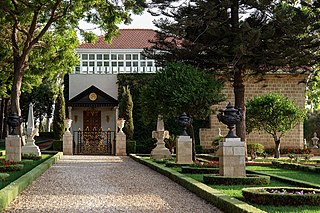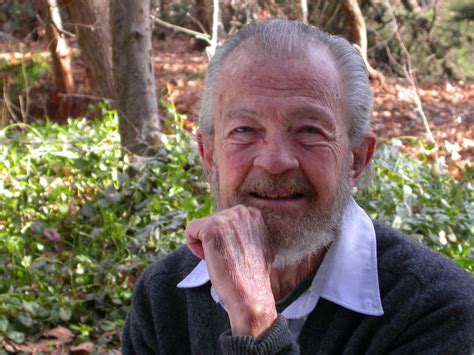A Quote by John Dryden
Every age has a kind of universal genius, which inclines those that live in it to some particular studies.
Related Quotes
Every age hath its own problem, and every soul its particular aspiration. The remedy the world needeth in its present-day afflictions can never be the same as that which a subsequent age may require. Be anxiously concerned with the needs of the age ye live in, and centre your deliberations on its exigencies and requirements.
Genius is by definition a style of consciousness characterized by the ability to access high energy attractor patterns. It is not a personality characteristic. It is not something that a person has, nor even something that someone is. Those in whom we recognize genius commonly disclaim it. A universal characteristic of genius is humility. The genius has always attributed his insights to some higher influence.
A lot of the problems of parenthood are universal. Yes, it's harder being younger and growing up yourself, but all those anxieties and problems are going to be faced by anyone at any age. When people hear about teenage parents and teenage pregnancy, they attribute a lot of personality traits to those individuals, which is just such a bizarre thing when you really think about it. Like, how does age and circumstance equate to some kind of personality trait?
It often happens that the universal belief of one age of mankind — a belief from which no one was, nor without an extraordinary effort of genius and courage, could at that time be free — becomes to a subsequent age so palpable an absurdity, that the only difficulty then is to imagine how such a thing can ever have appeared credible.
We live in an age where the rate of change has been colossal. Colossal. Almost every week there's some transformation of some kind, whether technological or political or scientific, whatever. And I think it's bewildering to human beings to live in a time when they can't take anything as fixed - when everything is shifting and changing all the time.
Those with engineering skills will build tomorrow's genius computers. But those with the ability to create knowledge of any kind will be the ones who are best able to extract great value from them. The way to create value in the age of genius machines will be to compile and disseminate knowledge that other people will find useful.
I didn't abandon my studies. Because I was, through no - clarify this. Through no particular genius of my own, I was the first person from Libertyville Public High School to attend Harvard, not because I was smarter than anyone or better than anyone, but no one had ever applied before. It was like University of Illinois, a fine institution, was the sort of the upper echelon of places where kids went from that school. And so I felt sort of a duty to myself and my peers to continue with those studies, and to continue to, intellectually arm myself for my coming struggles.
It's no wonder we don't defend the land where we live. We don't live here. We live in television programs and movies and books and with celebrities and in heaven and by rules and laws and abstractions created by people far away and we live anywhere and everywhere except in our particular bodies on this particular land at this particular moment in these particular circumstances.
Every age and every nation has certain characteristic vices, which prevail almost universally, which scarcely any person scruples to avow, and which even rigid moralists but faintly censure. Succeeding generations change the fashion of their morals with the fashion of their hats and their coaches; take some other kind of wickedness under their patronage, and wonder at the depravity of their ancestors.






































